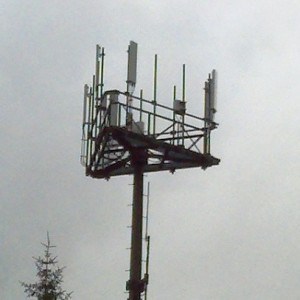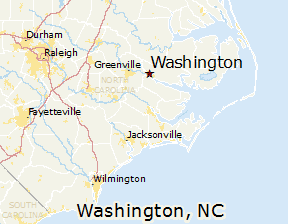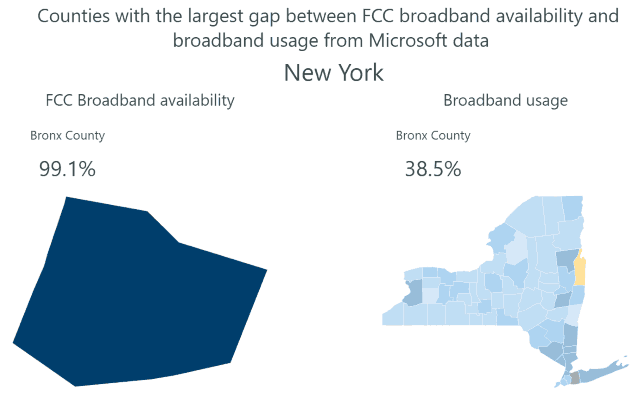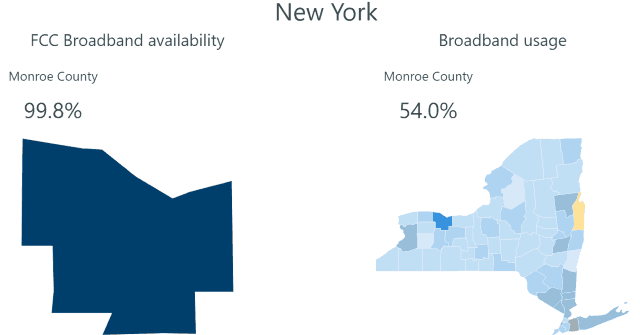 A New York bankruptcy judge cleared the way for Windstream Holdings to pay its top executives up to $24 million in special retention bonuses to convince them to stay at Windstream while the company continues restructuring under Chapter 11 bankruptcy.
A New York bankruptcy judge cleared the way for Windstream Holdings to pay its top executives up to $24 million in special retention bonuses to convince them to stay at Windstream while the company continues restructuring under Chapter 11 bankruptcy.
U.S. Bankruptcy Judge Robert Drain, who also oversaw the bankruptcy of Sears, agreed with Windstream the company executives were entitled to the special bonuses, which will pay out up to $5 million to key employees willing to remain with the company and an additional amount up to $20 million for meeting certain performance metrics.
U.S. Trustee William Harrington strongly objected to the bonuses, claiming some of the money could end up in the pockets of executives that made key business decisions that would later come back and force the company into bankruptcy. Harrington also objected to the low bar Windstream proposed to pay out performance bonuses. Under the proposal, key executives will receive bonuses if the company’s revenues reaches an amount 10% less than the company’s forecast revenues for 2019.
Windstream’s attorneys argued the company’s performance has been historically so poor, it failed to meet its own projected revenue targets multiple times. The attorneys also argued Windstream was likely to face “increasingly aggressive competition,” making it harder to convince customers to sign up for possibly less compelling service plans than those offered by its cable competitors. That would make the company’s ability to meet its financial targets less than certain, attorneys argued.
Windstream was forced into bankruptcy in February after a federal court ruled its spinoff of certain assets in 2015 violated the terms of its senior loans. A hedge fund successfully sued the company and won a judgment of more than $310 million, causing Windstream to seek bankruptcy protection.

Details of Windstream’s Key Employee Incentive Plan (KEIP)


 Subscribe
Subscribe AT&T claims it is willing to play hardball to force cell tower owners to reduce the cost of leasing space for AT&T’s wireless services. If tower owners won’t lower their prices, AT&T is threatening to find someone else willing to build a new, cheaper tower nearby.
AT&T claims it is willing to play hardball to force cell tower owners to reduce the cost of leasing space for AT&T’s wireless services. If tower owners won’t lower their prices, AT&T is threatening to find someone else willing to build a new, cheaper tower nearby. A stray bullet that hit a fiber optic line in late May eventually disrupted Altice/Suddenlink service in eastern North Carolina and caused a minor outage for the Beaufort County 911 Communication Center.
A stray bullet that hit a fiber optic line in late May eventually disrupted Altice/Suddenlink service in eastern North Carolina and caused a minor outage for the Beaufort County 911 Communication Center. Suddenlink first detected the problem on a Saturday in late May, but did not identify the fiber line as “shot” until a day later, at which point WPD officers responded to the scene. The cable company evidently did not start repairs until after a widespread service outage began.
Suddenlink first detected the problem on a Saturday in late May, but did not identify the fiber line as “shot” until a day later, at which point WPD officers responded to the scene. The cable company evidently did not start repairs until after a widespread service outage began.


 Telecom companies that receive Connect America Fund (CAF) dollars to deploy rural broadband service will not have to prove suitable internet speed and performance until early next year, after the FCC’s Wireline Bureau today
Telecom companies that receive Connect America Fund (CAF) dollars to deploy rural broadband service will not have to prove suitable internet speed and performance until early next year, after the FCC’s Wireline Bureau today 